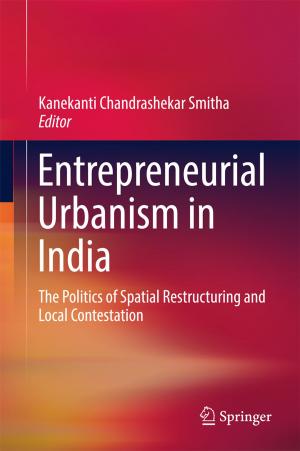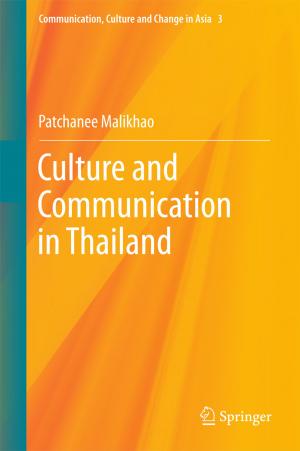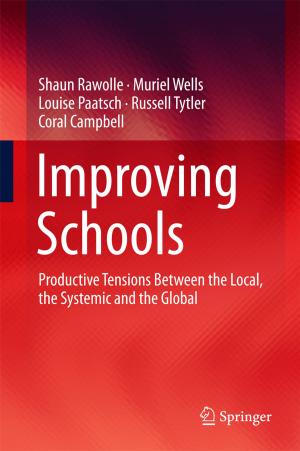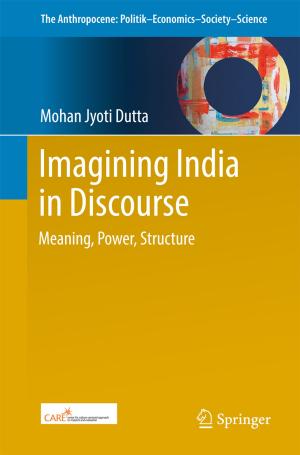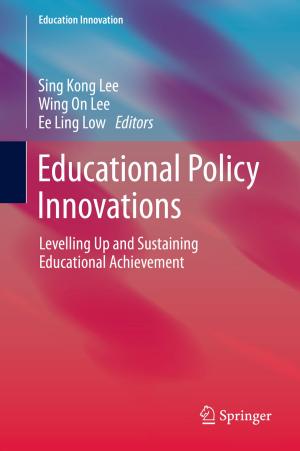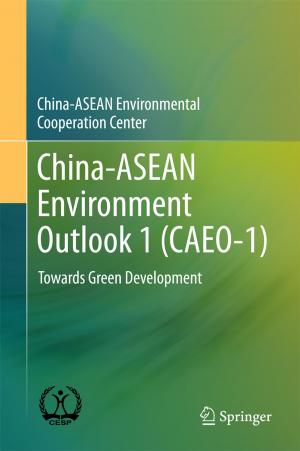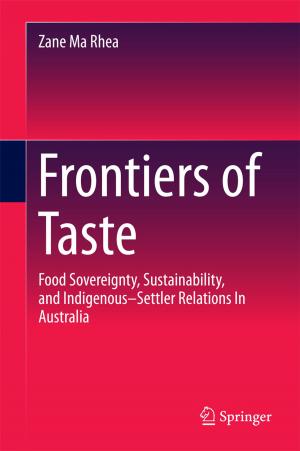The Water-Energy-Food Nexus
Human-Environmental Security in the Asia-Pacific Ring of Fire
Nonfiction, Science & Nature, Science, Biological Sciences, Environmental Science, Business & Finance, Industries & Professions, Industries, Nature| Author: | ISBN: | 9789811073830 | |
| Publisher: | Springer Singapore | Publication: | April 16, 2018 |
| Imprint: | Springer | Language: | English |
| Author: | |
| ISBN: | 9789811073830 |
| Publisher: | Springer Singapore |
| Publication: | April 16, 2018 |
| Imprint: | Springer |
| Language: | English |
This book highlights the water-energy-food nexus as one of the most important and fundamental global environmental issues facing the world. Climate and social changes are putting increased pressure on water, energy and food resources. As water is the central aspect within this cluster, the book focuses on the inherent tradeoffs in water resources between producing/consuming energy and food. In addition, it discusses an inter- and trans-disciplinary approach to understanding the complexity of the water-energy-food nexus system, and creating policy options to reduce the tradeoffs among resources.
The content integrates a variety of academic disciplines, including not only the natural sciences (e.g. hydrology, coastal oceanography, costal aquatic bioscience, fisheries, environmental earth science etc.) but also the humanities and social sciences (e.g. marine policy, environmental energy policy, resource governance, policy process theory etc.). The book can be used as a textbook for undergraduate and graduate-level sustainability science courses. Further, its practical content and trans-disciplinary approach to addressing nexus issues with stakeholders offers vital information for practitioners and administrators alike.
This book highlights the water-energy-food nexus as one of the most important and fundamental global environmental issues facing the world. Climate and social changes are putting increased pressure on water, energy and food resources. As water is the central aspect within this cluster, the book focuses on the inherent tradeoffs in water resources between producing/consuming energy and food. In addition, it discusses an inter- and trans-disciplinary approach to understanding the complexity of the water-energy-food nexus system, and creating policy options to reduce the tradeoffs among resources.
The content integrates a variety of academic disciplines, including not only the natural sciences (e.g. hydrology, coastal oceanography, costal aquatic bioscience, fisheries, environmental earth science etc.) but also the humanities and social sciences (e.g. marine policy, environmental energy policy, resource governance, policy process theory etc.). The book can be used as a textbook for undergraduate and graduate-level sustainability science courses. Further, its practical content and trans-disciplinary approach to addressing nexus issues with stakeholders offers vital information for practitioners and administrators alike.

